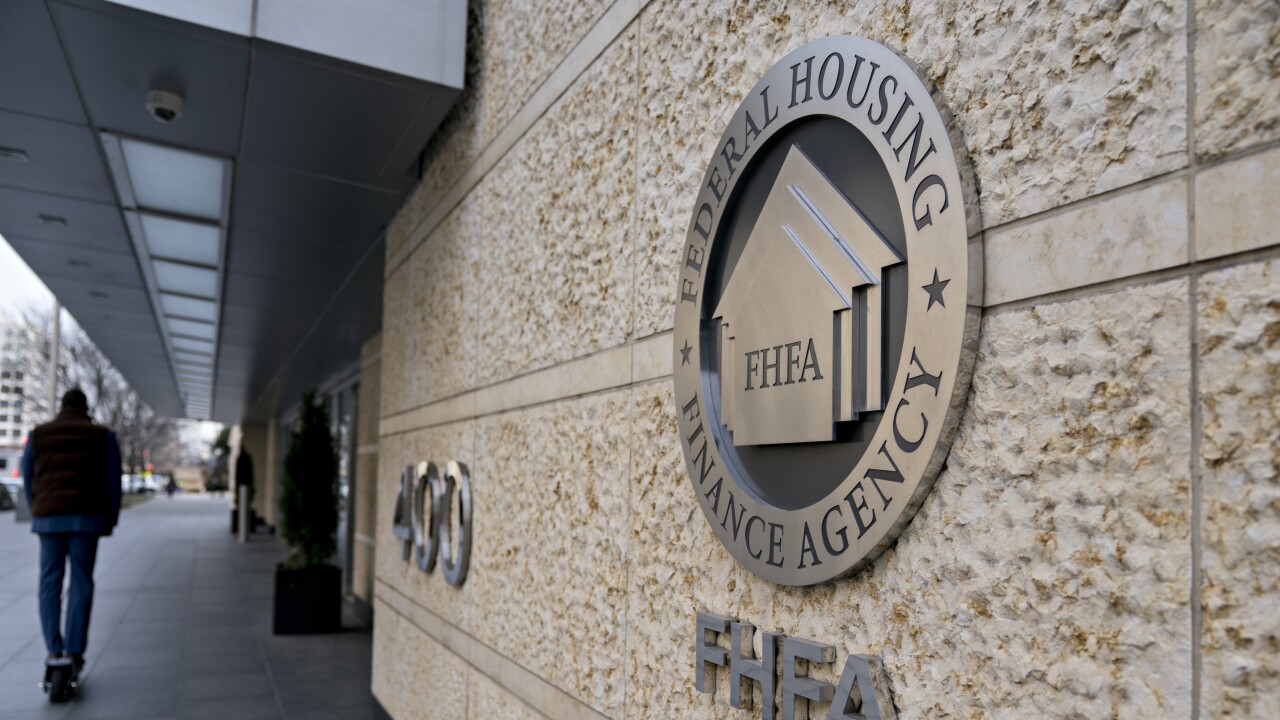The National Association of Realtors has called on the Consumer Financial Protection Bureau to make changes to the TILA-RESPA integrated disclosures' post-consummation timelines to provide more lenders wiggle room
"NAR is concerned about increased consumer frustration with the loan process, increased costs to the consumer and a negative impact on access to credit if there is continued lender and investor confusion and inconsistent application of the complex rule," NAR President Tom Salomone wrote in a letter to CFPB Director Richard Cordray made public Tuesday.
The letter follows two listening sessions held between the CFPB and NAR.
In the letter, Salomone cites issues related to the ability to sell a mortgage in the secondary market as the main reason for extending the post-consummation timelines from 30 days to 180 days. Investors won't purchase loans with minor errors, which has forced some lenders to take losses on loans by selling them in the scratch-and-dent market, he said.
"What is the future impact on access to credit if lenders are forced to keep loans on warehouse lines for extended periods of time or sell them at a loss in the scratch-and-dent market?" Salomone said in the letter. "NAR is concerned that the increased cost of manufacturing these loans will ultimately trickle down to the consumer and impact access to credit."
Regarding the Closing Disclosure, Salomone said that the CFPB needs to clarify whether changes can be made after the document has been sent to a prospective borrower, and if so what changes are allowed and when.
A common issue that Salomone brings up is when borrowers request closing delays, which then require a rate lock extension fee be added to the disclosure. But since clarity is lacking as to whether lenders can alter the disclosure after it's been sent to the borrower, some are absorbing this fee.
The letter also asks the CFPB to clarify that Closing Disclosures can be shared with third parties with borrower approval. While such access is preserved by existing regulation, some lenders are worried about their liability under TRID.
"While consumer financial privacy issues fall under Regulation P and did not change with 'Know Before You Owe,' NAR has heard that lenders feel the new rule exposes them to additional liability under the Truth in Lending Act if they provide real estate professionals with copies of the Closing Disclosure," Salomone wrote. "This is an unintended consequence of the rule that needs clarification from the CFPB."





